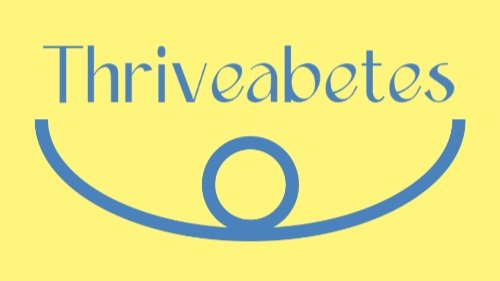The HSE’s updated National Clinical Guidelines (NCG) for Adults with Type 1 Diabetes, recommending that ALL Adults with Type 1 Diabetes be offered CGMs, were launched at the National Clinical Programme (NCPD) for Diabetes Group webinar on May 10th by NCG chair, Dr Kevin Moore.
The previous version of the document published in 2018 included the recommendation that all adults receive comprehensive specialist type 1 education in the form of the DAFNE course, eligibility criteria for CGMs, and incomplete guidance on insulin pumps.
The most notable change in the 2024 version is the recommendation that ALL adults with type 1 are offered CGMs and that the choice of CGM is “based on your individual preferences, needs, characteristics, and the functionality of the devices available” (in sections Key Recommendations page 1 and Continuous glucose Monitoring 3.6.10 page 20). The choices of CGMs include Dexcom One, G6 and G7, the Freestyle Libre 1 and 2, GlucoRx Aidex and the Medtronic Guardian Connect system using the Guardian 4 transmitter. More information about these options is on our “CGMs in Ireland” webpage. Thriveabetes has updated our webpage on “Getting a CGM” in Ireland to reflect removing the previous eligibility criteria.
Unfortunately, if you are an adult who does not have type 1 diabetes, you are not eligible for an HSE-funded CGM. Hopefully, this type 2 diabetes-specific stigma will be amended for people with type 2 who are insulin dependent soon, as this implies that they are less deserving of the tools that are crucial in insulin management.
Dr Kevin Moore presenting an overview of the updated clinical guidelines for adults with type 1 diabetes
Dr Moore stated that the guide's purpose is to provide healthcare professionals with a guide to what quality care for adults with type 1 diabetes looks like. He added that there were three priorities of the guidelines: access for All adults with type 1 to CGMs and to specialist structured education in the form of DAFNE, which is not a new recommendation, and the need to think about a Model of Care that focused on the right care, the right place, which for people with type 1 is hospital-based care and at the right time which means a minimum of two consultations per year.
There are additional recommendations in relation to DAFNE (dose-adjustment for normal eating) education and blood glucose management and targets. These recommendations are summarised in 1.1 Key Recommendations, page 1 of the document.
Regarding insulin pump therapy for adults, section 3.7.10, page 24, states that “guidance on the use of insulin pump therapy in adults with type 1 diabetes was beyond the scope of this document”. It goes on to say, "Ireland does not currently have guidelines for insulin pump therapy in adults with diabetes; however, it is hoped that this guideline will be developed within the coming years”. Let’s hope so.
The full document can be viewed at this link: , and it is worth investing your time to read.
NCG for Adults with type 1 and the Model of Care for people with type 2 diabetes.
Model of Care for Adults with Type 2 Diabetes
The Model of Care for Adults with Type 2 Diabetes was also launched during this webinar by that group’s chair, Dr Eoin Noctor.
“This model of care defines how healthcare services for people with type 2 diabetes should be delivered. It describes the service required, who should provide it, and outlines where the service or care should be delivered, from a whole health system perspective” (page 13).
This document is much more complex than the Type 1 guidelines and not as easy to follow, so it requires a bit more time to delve into. It would be extremely beneficial if this working group provided a plain English version and a complimentary diagram of the pathway of care for people living with type 2 diabetes that is much larger.
The Model of Care for Adults with Type 2 Diabetes can be viewed on the HSE’s National Clinical Programmes website here.



